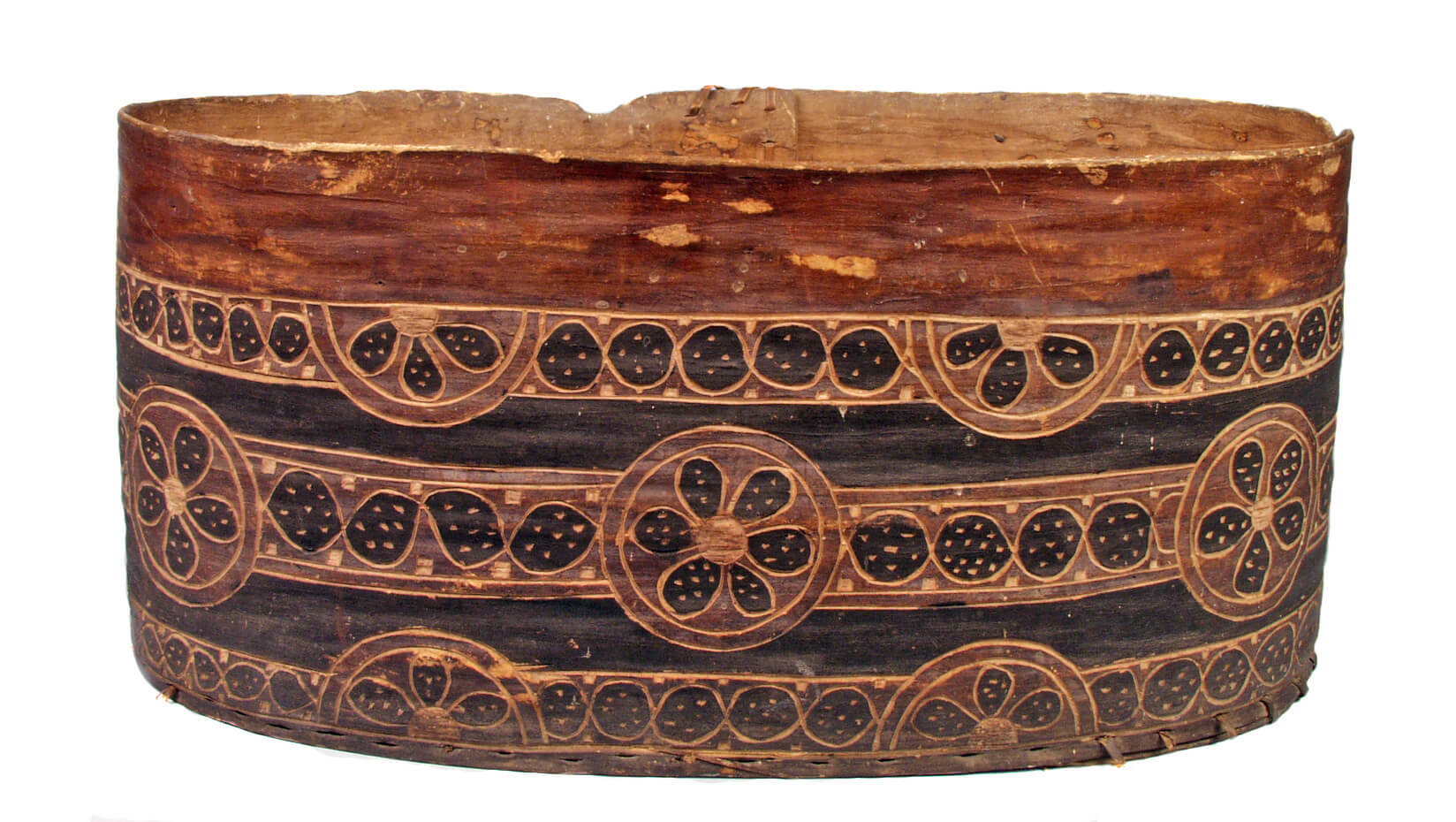
UMaine and Penobscot Nation to sign MOU focused on managing tribe’s cultural heritage
The University of Maine and the Penobscot Nation will sign a Memorandum of Understanding (MOU) May 10, formalizing their collaborations in the past decade to help manage the tribe’s cultural heritage.
University of Maine President Susan J. Hunter and Penobscot Nation Chief Kirk Francis are among the leaders expected to attend the ceremony that begins at 3:30 p.m. in the Hudson Museum.
Chief Francis identifies the context for the agreement, noting that “nothing is more important to the Penobscot Nation than protecting our cultural traditions. This agreement shows that we have a strong partner that understands this fact and wants to work with us, as equal partners, in our efforts.”
“This is an agreement built on long-standing mutual respect and recognition of the value of collaboration between the state’s flagship research university and the Penobscot Nation,” says Hunter. “This relationship has far-reaching benefits for our communities and this state, today and into the future. We appreciate the opportunity to further strengthen this partnership and look forward to its potential.”
The MOU focuses on five UMaine areas, in keeping with “a new model of collaboration with universities that hold and care for collections considered important and vital to the present and future cultural life of the Penobscot Nation.” The Penobscot Nation will help integrate the tribe’s perspectives into UMaine research processes and collections that involve Penobscot people and their heritage. UMaine will work to begin implementing the new Penobscot Traditional Knowledge (TK) Labels to aid in the respectful and appropriate use of cultural materials.
In the Anthropology Department, which holds collections of Penobscot archaeological heritage, a collaborative cataloging process and management policy will be initiated. And regarding the University of Maine Press, which has developed a mutually beneficial relationship in the publication of Penobscot cultural materials, the nation will hold the copyright when it is the author of a publication. In addition, the Penobscot Tribal Rights and Resources Protection Board will be consulted when manuscripts related to the nation’s cultural heritage are being prepared for publication.
The agreement also addresses the care and management of Penobscot collections and cultural heritage items held at the Hudson Museum and Special Collections of Raymond H. Fogler Library. Under the MOU, the Hudson Museum advisory boards would each include a permanent Wabanaki seat, and collaboration would continue related to the documentation, cataloguing and digital sharing of Penobscot collections and items of cultural heritage.
Among the Hudson Museum’s holdings are over 900 examples of the material culture of Maine’s Maliseet, Micmac, Passamaquoddy and Penobscot peoples, and hundreds of historic images. The assemblage includes brown ash splint and sweetgrass basketry dating from 1850 to the present along with an important collection of basket making tools and molds, birchbark containers and implements, root clubs, crooked knives, snowshoes, beadwork and three full-size canoes. More than 400 of the objects in the collection are Penobscot.
Special Collections is home to significant collections relating to the history of the Penobscot tribe, including the papers of Nicholas Smith and Fannie Hardy Eckstorm, as well as the Molly Spotted Elk Collection. The MOU creates a new relationship for the Penobscot Nation to work with Fogler Library to produce guidelines for permissions to use and circulate the tribe’s cultural materials, and to implement use of Penobscot Traditional Knowledge (TK) Labels. The Penobscot Nation also would have online access to the library’s research databases for relevant collections.
The agreement begins by acknowledging that the University of Maine is located on Marsh Island, part of the traditional territory of the Penobscot Nation. Last November as part of Native American Heritage Month, UMaine held a Penobscot Nation flag raising ceremony on campus. The event honored the contributions and accomplishments of indigenous staff, faculty and students in the campus community. It also celebrated the diverse heritage of indigenous students while recognizing that the campus is located on the land and waterways of the Penobscot Nation, according to event organizers.
“The MOU demonstrates that the University of Maine is an international leader in collaborating with indigenous peoples,” says Darren Ranco, UMaine associate professor of anthropology, chair of Native American Programs and faculty fellow at the Mitchell Center for Sustainability Solutions. “Only a small number of universities in North America have made similar commitments to work directly with a tribal nation to protect its cultural heritage.”
Contact: Margaret Nagle, 207.581.3745
